|
If two years ago that you had said to Leanne Lade that she would learn over 200 board games (and counting), she would have said you were mad. Yet that is what she has done. Why? Why would someone with severe Dyslexia even bother learning these games? And then, go out into the community—including schools and churches—to teach others how to play them? Eighteen months ago, Leanne wanted to feel more connected with her husband. She discovered a blog by a woman wanting to experience more connectedness in her marriage. This lady had found the not your ‘run of the mill,’ board games. This lady from the blog and her husband, started playing board game for their Date Nights, instead of watching T.V. and not communicating. These games were not found in the usual stores like Big W, Target and K-mart. Intrigued, Leanne noted that in the blog the lady had listed the games. Leanne bought a couple of those games, thinking that they would also be fun for their kids to play too. These games created the opportunity for connectedness and open the lines for communication between her and her husband, and their children got involved too. She discovered that these games challenged and encouraged team playing, and they were suitable for all different ages and abilities. In Leanne’s words, “It’s not about winning. It’s about having a go, and showing love respect, and co-operating with each other. With these games you learn to play together. The purpose of these games is to have fun, and connections are made between people.” “It’s not about winning. It’s about having a go, and showing love respect, and co-operating with each other." Leanne Lade 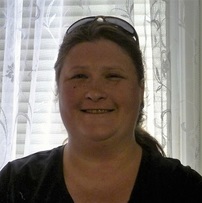 Leanne Lade Leanne Lade Leanne found that she wanted to share this discovery with others. Struggling with the girls’ readers, but wanting to help out in class, her daughters’ teacher found out Leanne’s passion for board games. The teacher jumped at the chance to have her run a session in the class. Leanne showed them the games she thought were age appropriate, and, as they say, the rest is history. Leanne now goes into her daughters’ class on a regular basis, to teach the students some games with the focus being on play. Her aim is that “the kids are encouraged and supported to succeed in having fun.” Some children do not how to just simply play or how to positively interact with others, or how to be a good winner or a good loser. So they learn how to do this through play. They learn to work together, and it helps them develop socially, with all its ups and downs. At the same time, they (the students) are learning that they can read, and do maths.” So how does this all work in a school setting? The students are split into small groups. Due to the small attention spans of this age group, as well as to keep things interesting, the games are rotated every twenty minutes. Leanne takes each group and teaches them a game, and tries to encourage everyone. She also makes sure that everyone is included, and succeeds in playing the game. The kids are always excited. Leanne has broadened their gaming horizons with Superfarmer, Tenzi, and Qwikle. “They (the kids) get so excited and don’t want to leave,” Leanne said. “One student actually begged me not to go. He was having so much fun. And then he asked when I was coming back.” "Don't go! When are you coming back?" A student from Leanne's daughters' class. Leanne has taken this further than her daughters’ school. She has taken this into the community, running games nights at a local church, where they have people from ages four to eighty coming along. “We even have a blind lady coming along.” Leanne has helped others learn the games, and they in turn have started teaching others. It is the classic ripple effect. Each person has gain confidence in themselves, and they in turn are feeling more connected to others in the community and are encouraging others. All this from a woman who struggles reading and writing. I firmly believe that when you can find something that you are passionate about, no matter what age you are, you will find new ways to look at things, connecting with others and the world around you, learn new ways of reading, gain confidence and have fun. Check out the interview from earlier in the year of Leanne and her daughters, to learn more about them, and how Leanne and her husband have fostered a love of reading even though two out of their three daughters have dyslexia. Dyslexia doesn't go away. It is lifelong. However, with appropriate help, encouragement and intervention, it can get easier. I have heard it said, "Confidence is key!" I believe this to be true. And gaining confidence is so much easier when you are having fun and enjoying the experience. Check out the Dyslexia Empowerment Week website for more about what dyslexia is, and links to the various organisations (if you live in Australia) that will give you further information and support. Like this? Please share with your friends.
0 Comments
Books for certain readers can be intimidating and overwhelming. My daughter, Ashlyn (21) has Dyslexia. (I interviewed her about how dyslexia effects her here.) Even though I read to her from a baby, gave her own books, her own library card and she has always read, she would feel intimidated by large books. For example, the whole volume set of The Chronicles of Narnia my children bought me one year, or Lord of the Rings. She would take one look and run to the proverbial hills. I am a proponent that you need to keep encouraging children to keep 'tasting' different books. Eventually, they will find one that they will devour, gain confidence and keep going. And this is the key—confidence. My daughter and I recently watched the entire Harry Potter movie series. She enjoyed them so much she bought the book series. We have always made it a habit to discuss the books that we are currently reading. We discuss the things we love, the things we hate, and the things we don’t understand. From the first book, Ashlyn raved about how Joanne’s descriptions transported her into the world of Harry Potter. It made her feel compassion for Harry, and she got to know and love other characters like the Weasley family, Hermione Granger, and Hagrid. Intrigued, as I had not read the series, I said once she had finished with the first book, I would read it. I am normally a fast reader, and she reads slowly (it took her a year to read Black Beauty). We both figured I would be waiting for her to finish the next book. (It has happened before). We also had planned when I finished the book we would watch the movie together. The race was on. (You may have followed our race on Twitter or Facebook). And so, together, we entered the world of Harry Potter. To both of our surprise, Ashlyn was the one waiting for me to finish—rather impatiently too, I might add. I have reasons as to why I wasn’t reading as fast as usual: blogging; re-working two picture book manuscripts and getting them ready for submission; work; and working on my first novel.
Still, it came as a surprise to both of us how she was tearing through these books. By the time Ashlyn had consumed Harry Potter and the Goblet of Fire (190,637 words), she was ready to tackle Harry Potter and the Order of the Phoenix (257,045 words). Ashlyn is currently reading Harry Potter and the Half-Blood Prince at a mere 168,923 words. Stats from Wordcounter. She has caught herself shaking her head in surprise at the thickness of the novels that used to intimidate her. Now, to her sheer amazement she is looking forward to tackling those same thick volumes. That is an achievement worth celebrating. Woohoo! Happy dancing! This brings me to my first point—keep encouraging children to 'taste' different books. Eventually, they will find one that they will want to devour. They will gain confidence and go on with reading. And this is the key—for them to gain the confidence. You can read more on my blog, '10 Practical Ways to Encourage Reluctant Readers.' Ashlyn explained to me that part of her problem (lack of reading confidence) began in primary school. As she had difficulty with reading and comprehension, she was placed on a low reading level. One day she found a fiction book about Alexander the Great that interested her. However, as it was above her (then) current reading level, she was told that it was too hard for her and she was to pick something else. From that point on, Ashlyn said that it was as if they had put her in a box. Then she put herself in the same box with a tag that said, ‘You are too stupid to read that. It’s too hard’. It is only as she has gotten older and realised what had happened, and she knows that she is smart and capable of learning and reading, she is no longer restrained by the negative thinking that held her back for so long. Don’t get me wrong. She has always enjoyed reading, just not the thick books. So the Harry Potter race continues, though no longer at the frantic pace that it began. I know Ashlyn will finish the next book quickly and be on to the last book in no time. As for me, I will sit back and be happy that she has discovered that she does not need to be intimidated by a thick book, and now she can even enjoy them. Now excuse me, Harry Potter and the Order of the Phoenix is calling me. 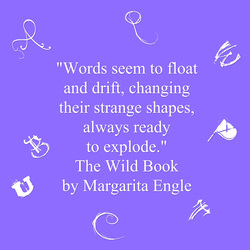 “I hate books!” “I hate reading!” “Books are boring!” These are comments that are heard in household and at school. And it is becoming more prevalent. To me, this is a tragedy. Books can open up the world to a child. The can learn new things. They can escape to another time, another place, another country, or even another planet or alternate dimension. Reading books can be relaxing, exciting, or just pure escapism. Reading was not always fun for me. I have dyslexia. My parents loved books and learning. I grew up with my mum saying to me, “You can a new thing every day of your life. It can be a word, a new skill, or a piece of information that you did not know before.” This statement is true, and is something that I have lived my whole life and have passed on to my own children. But in the beginning it was not easy. My mum helped heaps. Everyone is different. With my dyslexia, the words tend to move about the page. I mix my b’s and d’s and even, at times, the p’s. I get words mixed up when I read. My eyes pick up words from above or below the line that I’ll be reading. When I write, I find that I still drop off e’s off words. I can mix letters up in words, or whole entire words and sentences, as my brain races ahead. When writing on the computer, the red line will appear, and I know the word is wrong, but can’t figure out how to correct it. I can even pick the correct word from the list, but can’t figure out where I went wrong. I am getting better. It is hard work, but so worth it. As a child my mum showed me how to place a ruler above and below the line that I was reading, and to place my finger under the word that I was reading. As I got better following the line, I took the top ruler away, then eventually the bottom ruler. Then I didn’t need my finger and I could track across the page and not get lost. Well not often. And I learnt to speed read. However, even now, there are times, especially when I am tired that I still pick up words from around the page and I have to re-read the same passage a couple of times before it makes sense. I believe that if a child is interested enough in a book, they will read it. My parents let me have access to their library from an early age. I read the usual books for that era; lots of Enid Blyton. The Folk of the Faraway Tree, The Wishing Chair and Naughty Amelia Jane were among my favourites. I loved horses so my mum bought me horse books. But, not just story books like Black beauty. No. She also bought me books on riding and taking care of horses. At the school library I read every book I could get my hands on. Horse Breeds of the World was my favourite. I also liked a book of knots, and the Guidebook of Australian Birds. My sister and I would spend hours pouring through it, identifying which birds might live in our area, and then trying to spot them with the binoculars. My own children were very different from each other and what they were interested in, and they were different to me. My daughter loved animals, dinosaurs, and all books to do with those two subjects. My son, he loved space, science and dinosaurs. From six I read to him Universe in Focus: the Story of the Space Hubble Telescope, The Magic School Bus series, and anything with dinosaurs. We read other books, but these were the main themes. We went to the library often. They had their own library card, and I would pick out some other books to read, as well as have them pick their own books. I am sharing this with you to show that, if you have a child that hates reading, for whatever reason, that, if you tap into what they are passionate about, they will want to read. 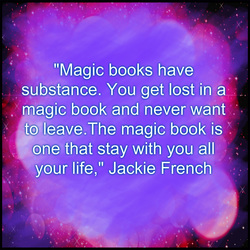 I recently read, I Spy a Great Reader by Jackie French. In it she shares her own experiences with Dyslexia, her very helpful family, and her passion for working with children to help them find that ‘magic book.’ So many times, as parents, we can get it wrong. Even well intentioned parents. On page 232 Jackie shares an experience she had during a writing workshop. Sam seemed so enthusiastic throughout the workshop and appeared to be a boy that loved reading. The boy’s father painted a very different picture. Sam read very well but didn’t like books. It seemed that the parents had loads of books at home, but only ones that they liked and approved of. When Jackie suggested, The Day My Bum Went Psycho, Sam’s eyes lit up. But the father called it rubbish and said his son wouldn’t like it. So that was the end of that. The light in Sam’s eyes went out, and so did any chance of Sam learning the fun of reading. So how do you encourage a child who either has trouble reading, or can read but hates it? The key is to tap into what they are passionate about. Top 10 ways to encourage reluctant readers:
Taken from I Spy a Great Reader by Jackie French. Chapter 10 Getting Kids Hooked on Books. Pages 239-247 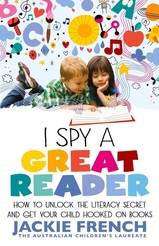 I said earlier, that if you have a child that hates reading, for whatever reason, that, if you tap into what they are passionate about, they will want to read. On page 244 of I Spy a Great Reader, it tells the story of a boy, a friend of her son’s, that Jackie has called Paul. At age twelve, he barely read or write. But he loved chooks. One day, when Paul was over at their house, Jackie received in the mail a veterinary textbook on chook diseases. Paul loved the book so much he immediately started reading it. He borrowed it and finished it three days later. Later, Paul discovered farming magazines and other books about chooks. He loved non-fiction books. So here are some bonus hints to encourage reading:
A final note:
It may be tough and difficult road, but it is not impossible. A child, when given the right help, support and encouragement, can learn to read and enjoy it. Click here for some great strategies for parents and caregivers to help with their child’s reading from the Primary English Teaching Association Australia. It has some great hints and tips for parents to help their child to read at home. Further information about Dyslexia and how children can be helped can be found at Dyslexia Daily. Help for reluctant readers and writers can be found at ABC Jenny. Feel free to share your stories with me. Dyslexia is a broad term that is used to describe a variety of learning issues. Simply put, Dyslexia is difficulty with words. Expressive Learning Disorder (ELD) and Auditory Processing Disorder (APD) are just two disorders that overlap with Dyslexia. 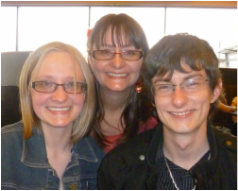 I have two, now adult, children. I was a stay at home mum. I spent heaps of time with my children. I read to them from the day they were born, and spoke with them all the time. But, they were so very different. My eldest, Brandon, was diagnosed with High Functioning Asperger’s at 17. Bright, clever, he would chat to anyone. I remember having proper conversations with him at two. He could recite his ABC’s and count to ten. He was a sponge, soaking up information all the time. At five he had moved from picture books to encyclopedias and we were conducting science experiments. The closest thing we got to a story book was The Magic School Bus series. Why the Asperger’s diagnosis? That I discuss here. My daughter was very different. Ashlyn was very quiet. She loved books and looking at the pictures. We would make up stories with her toys. Yet, my daughter was delayed in her speech. At four, Ashlyn still spoke in phrases - not in complete sentences. For example, she would say things like, “Me go outside.” She would struggle with common day to day language, and she was unable to pronounce many words. I am not saying that she was not bright, clever and inquisitive. She was, and is, all these things. It was just hard for her to express herself with words. When she was four, doctor’s finally listened and she went to speech therapy for Delayed Speech Disorder. We had a lot of work to do in one year to get her ready for school. After a year of hard work with the speech therapist, Ashlyn did it… she was ready for school. However, by the time she got to high school she was struggling with her school work and falling further and further behind. In year 7, she was diagnosed with Expressive Language Disorder and Auditory Processing disorder. At 20, just about to turn 21, Ashlyn is bright and articulate. She loves learning languages, as well as the history and culture of various countries. She loves anime and often watches it in Japanese with English subtitles. She also is a massive fan of Dr Who, Star Trek and Star Gate: SG1 and Atlantis . She can make the most amazing plushies (soft toys) and has a funny sense of humour. Ashlyn also has Dyslexia. More specifically, Expressive Language Disorder and Auditory Processing disorder. What is Dyslexia? “The word dyslexia comes from the Greek language and means difficulty with words. Individuals with dyslexia have trouble with reading and spelling despite having the ability to learn. Individuals with dyslexia can learn, they just learn in a different way. Often these individuals, who have talented and productive minds, are said to have a language learning difference.” Expressive Learning Disorder (ELD): Expressive language disorder means a child has difficulty conveying or expressing information in speech, writing, sign language or gesture. Auditory Processing Disorder (APD): an umbrella term for a variety of disorders that result in a breakdown in the hearing process. In short, our brain cannot make sense of what our ears hear because the auditory signal is distorted in some way. As a result, one of the biggest problems experienced by individuals with CAPD is difficulty listening in background noise. What were some of your struggles when you started primary school? Talking to people and understanding what teacher’s wanted of me, and understanding of what or how to ask questions to get the help I needed. That was the main struggle, and expressing how I felt. Reading was really hard. I didn’t know how to spell the words. Especially learning the silent letters. Sometimes the words were too close together and I couldn’t understand what was being said in the book. It was my comprehension of the written word that was a big struggle too. What are some of the things that helped you at primary school? You helped a lot. Reading to me and helping me with my homework, and going over the days work with me until I could understand it. Keeping at it and not giving up until the information just sunk in and I could comprehend it. What were your greatest challenges? Keeping up with everyone else was really hard. Everyone else seemed to pick things up so easy. I had to try so hard, so I felt stupid, even though I knew wasn’t. The other thing was that I would mishear the teacher and not pick up what the teacher was saying. I would just sit there confused and then get into trouble for not doing the work. 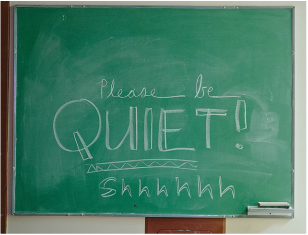 In what ways was high school was harder? There was a lot more work, and harder work. The teacher seemed to speak really fast as well, and because of that I couldn’t hear what they were saying and would get distracted and stare out the window. I fell far behind, especially in maths, because of that. I also found that the class sizes were bigger so there was more noise and I couldn’t hear the teacher properly, or concentrate on the work. I just needed quiet then I was alright. You have said to me in the past that sometimes people don’t listen to you. How did it make you feel when children and teachers did not listen to you? It made feel insignificant and like I didn’t matter. I needed help and it seemed like they just did not care or understand my situation, or they couldn't even bother to find out. What are some of the things that teachers did that helped?
Can you give me an example of the last one? My Year 10 English teacher. We did a monthly book reading where we had to read the book then go in the front of the class and tell the class what it was about and we thought about it. I was always uncomfortable talking in front of groups. All my other teachers never pushed me and let me talk in front of five people, not the whole class. Mrs Bundy insisted that I do the talk in front of everyone. “You can do it, I know you can.” And I did do it. It made me feel better about myself. I found out that I can do more than I give myself credit for. I thanked her for it as well. I thank her again, now, because if she had not pushed me at the time, I would not have found that I can do so much more than I think. I am grateful that she did not give up on me. 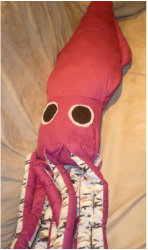 What were your favourite subjects at school? Art, science, history and geography and textiles. Textiles sparked my love of plushy making. And year 10 maths because it was fun. The teacher, Tatiana, made maths fun and easy to understand. I finally caught up because of her. Even if she did put in a few Russian letters in here and there. She even spent some lunch times teaching me Russian, just because I love learning languages. You completed three subjects by Distance Education in your final year. Year 12 History – Revolutions, as well as Japanese (Year 7) and German (year 11). How did you accomplish this? What helped? I was really passionate about these subjects. I spent a lot of time writing it out. The languages, I practiced speaking it every chance I got. With the History I got a lot of help from you. The work book was quite thick and intimidating for me. You would highlight the most important information, and indicate the pages where the answers were. This helped and I did not feel so overwhelmed. An Anime show 'Hetalia' really helped with History. It's really good as it talked about history in a fun and engaging way. It was fun way to pick up the history of each country. 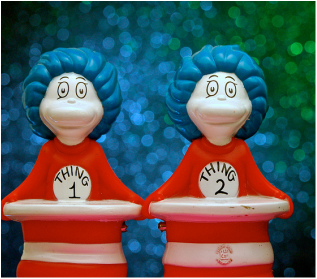 Can you share an experience that shows how having Expressive Language Disorder affects you in everyday life? Often it is trying to think of the right words to say to describe the situation, or the thing. Hmm. I keep using 'the thing' to describe objects etc. For example, “Do you want the thing for thing?” When I am trying to say, “Do you want chicken for dinner.” It does not stop me speaking. It just means that I have to stop and think and work out what I am trying to say before I speak. It also makes things interesting. Describe one funny incident that you can remember from high school, that shows why you needed directions from the teacher, written down, due to your Auditory Processing Disorder? Once in year 10 maths, the teacher wanted the homework that she had set due by the 6th of June. After class I went up to her and asked, “Did you say ‘Due 6th of June,’ or ‘Marinate six moons’?” She and a friend of mine had a bit of a giggle, but she said that it was due the 6th of June. From that point she wrote due dates on the board, and gave out handouts. That was funny. “Did you say ‘Due 6th of June,’ or ‘Marinate six moons’?” Do you still have reading comprehension issues now? Sometimes. Sometimes what I read does not make sense and I have to ask for clarification. How has that affected you in the courses that you have done in the last two years since leaving school? It did cause a struggle. I did not know what some of the work meant. This meant that I needed more help from my Cert 3 and 4 Tourism teacher, Adele. She was more than happy to help me and wanted me to do the best that I could. In my Cert 2 in Retail that I did last year, it was hell. It was online. It was the way the system was set up. It was not friendly. Well, not to me anyway. You had to help me a lot, explaining things and helping me to find information. Does having Auditory Processing Disorder limit your job opportunities? If so, how? In some sense it does. Working in fast food is one place I definitely can’t go into. This is because I can’t pick up what people are saying because the environment is very noisy. I would miss what people were saying and get the words confused with other people's words. What would you tell your ten year old self? Never give up even if the road ahead might be rough. Persevere and you can achieve many great things. What do you enjoy doing now? I love learning new languages. I teach myself from books. Mostly German and Japanese and I can speak quite a bit of it. I also love making soft toys, also known as plushies. I love writing stories and drawing as well as learning about animals and the world around me. I used to struggle reading books a lot. Now I can read big thick books, as long the story is good. Three fun facts: * I can say ‘I love you,’ in 22 languages (and the list is growing) including Klingon, Vulcan, Romulen, Elvish, German, Japanese, Swedish, Czech, Russian and French. * I made an eight foot squid and it’s my largest plush that I have made. * I own a Bearded Dragon named Garrick, named after a Star Trek: Deep Space Nine character, and a two year old fluffy black cat named Ezri who mews like a kitten. I hope that Ashlyn sharing her story will help someone out there to not give up. Seeking help, and with the proper interventions, and hard work, reading need not always be a burden and you can learn strategies to live with Dyslexia, ELD and APD, and thrive.
Liz Dunoon from Dyslexia Daily has some great resources. Feel free to check them out. Barrington Stoke books are specifically created for reluctant readers or those with dyslexia. I own two books. A picture book and one for ages 10 plus. The books are printed on cream paper and it is printed in a special font created for those with Dyslexia. The picture books have plenty of white space around the words so nothing is distracting. All these elements make such a difference to the enjoyment of a book. And if you live in the Latrobe Valley in Gippsland, Victoria, Australia, Reader's Emporium stoke a great range of the Barrington Stoke Books, as well a range of audio books. Feel free to share your stories or contact me via email. 21st October 2016 update: Ashlyn has applied to go to University next year to first do a bridging course to prepare her for Uni, then go into a Bachelor of Science specializing in Veterinary and Wildlife Science. Saturday 19th March was International Read to Me! Day. The initiative supports children's reading, improving literacy across Australia and encourages parents to read more with their kids. It is a day when children from all around the world were encouraged to ask someone to read to them. If you hadn’t heard of it, it is because this year, 2016, was the first year it has been held. The brainchild of Emma Mactaggart, founder of Boogie Books and the Childwrites Foundation, the day is recognizing that not every child has someone that will read to them. It also recognizes the importance of being read to actually increases learning. Emma wants children to be encouraged to ask different people to read to them. Even making yourself available at a local school for children to ask to be read to, would go a long way in your own community to help the local children. In the immortal words if four year old Charlotte, who I recently interviewed when I asked, “Why do you like books?” Her answer: “Because they are good and when people read to you, you can learn how to read. You can look at pictures. When you are older it helps you to read.” So here is my roundup of what I saw of the day on social media:
So what did I do for International to Me! Day? Due to some ill health through the last couple of weeks, I was unable to organise anything with anyone. So I had to wing it. If I had had more time, the local bookstore was interested in holding a community event to promote it. My children are adults, so no young children were readily available. So instead, I turned up unannounced to my local library, hoping that there would be some random child to read to. Did I find any children? No. I did not. Not one child! And I was there for nearly two hours. It seemed as if all the local children had disappeared. Even the neighbourhood children, who are normally running around outside at some point through the day, did not surface for the entire day. So what did I do? I called on the family that I interviewed a couple of weeks ago. “Would your kids like me to read to them?” It was a resounding, "Yes please!" So that is what I did. It was so much fun. Charlotte asked me to read, 'The Pirate who had to Pee.' It is hilarious. And when was the last time you read Fox in Sox? For that is what Emily asked me to read to her. That book is a tongue twister that left the girls in stitches. Yep. I have dyslexia and still get my p's and b's and d's confused. When Kaitlin brought out, 'The Monster at the End of the Book - Starring lovable, furry old Grover,' I got all excited. I love this book and it is so much fun to read. I am so thankful for the girls asking me to read to them.
Next year, now that I know about this very special day, I will be helping to organise something special in the community. I am looking forward to it. In the meantime, I am making myself available as a reader. I love books. I love stories. And I love reading them and sharing them with others, especially children. Feel free to share your day here and what you did to celebrate. 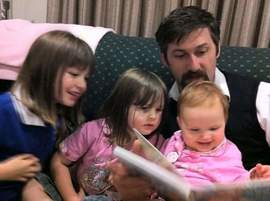 Many of us take reading for granted. But for so many people, adults and children alike, reading is difficult. Another problem that so many children face is they have no-one to read to them, ever. It is a sad fact, but a fact nonetheless. Emma Mactaggart, speaker, author, publisher and passionate literacy advocate, has created International Read to Me! Day to be held on March 19th. International Read to Me! Day? What is that? In a recent post on Facebook, someone actually said, “Read to me! Isn’t that everyday?” If only that were true for every child. Emma Mactaggart saw that not every child is read to and how it is contributing to our falling literacy rates. She is now sounding the call for all those who want to give a child a voice to ask someone to read to them. She is a great promoter of “giving children the megaphone they need so they demand to be read to regularly!” The follow is an extract from an interview by Tony Briscoe from Valley FM. “Literacy is a gateway skill for us all. If you can’t read you get left behind in so many ways. This has a major impact on your opportunities in life. Reading and writing create social connection and this creates opportunity for all; this is key to Australia’s future success. We can all help children with their reading and I want to encourage children to ask you to help through dedicating a special day to this all round the world” – Emma Mactaggart" She wants to change the dynamic and empower children to ask for more support, not just from their birth family but also from their community. Marking a day when kids can ask to be read to is a key part of this strategy. A recent study analysed by researchers at the Melbourne Institute of Applied Economics and Social Research backs up Emma’s belief about the the power of being read to. Professor Guyonne Kalb wanted to test whether it was the reading itself that lead to better outcomes or if there were other factors. “No matter what else we tested for the results show that being read to is the single most important factor. Children of 4 – 5 years old who are read to 3-4 times a week have reading ages 6 months ahead of children read to once or twice a week. Reading to children nearly every day almost doubles their progress to one year ahead of the group.” The research is shocking. The Australian Bureau of Statistics 2006 Adult Literacy and Life Skills Survey (ALLS) revealed that Australian language, literacy and numeracy levels have shown little improvement in the decade since the 1996 International Adult Literacy Survey (IALS). Approximately 7 million Australian adults (46 per cent) had literacy scores below the minimum level needed to function fully in life and work and 7.9 million (53 per cent) had numeracy scores below the minimum needed.’ 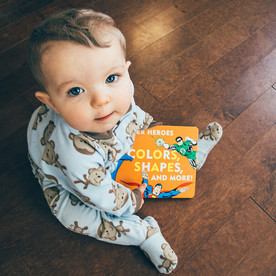 Now you can’t argue with statistics like those, now can you? In a recent blog post I interviewed a family. The mother and the two oldest daughters have Dyslexia. Please read the whole post here. In the interview, the mother, Leanne, said there have been some definite strategies that have helped her children. Number one was the girl’s dad, Stephen, has read to all the girls since they were babies, every night. Two, she has made sure that she has surrounded the girls with books of all types since they were babies. I have friends that are teachers. I just shake my head when they tell me what children say to them. “I don’t own a book.” “There are no books in our house.” For me it would be unheard of and incomprehensible. Though, I myself have dyslexia, and so does my daughter, we love books of all types and are always reading. We read to each other nearly everyday, and my daughter is nearly 21. I've read to her since she was a baby and we just never gave it up. Admittedly, these days they are mainly picture books. As an emerging picture book author, I need to 'read in the genre I want to write.' Besides that, they are so much fun. Though, we have mixed it up and got our hands onto a Shakespearean version of Star Wars. According to Emma, “Why we may not read to our children – parents are human too: • Exhausted parents / carers • Inability to read themselves or no books available • Too busy with the night-time routine • Shift workers – and mismatched routines • Other family members demanding what little time is spare This is by no means a definitive list, but it is realistic. The most dedicated parents / carers in the world will not have a 100% reading rate – routines buckle, time constrains are a truism, and sometimes, you just don’t feel like it! If a child comes to school and says: ‘Everyone was too tired’ ‘We don’t have any books at home’ ‘It was so busy at home last night’ ‘My father works nights’ ‘My baby brother was crying’ Then it is simply the way of the world and this merely identifies a gap to be filled the following day. After all, it takes a village to raise a child!” IT TAKES A VILLAGE TO RAISE A CHILD 33% of children ages 6 to 17 say their class has a designated time during the school day to read independently, but only 17% do this every or almost every school day. (ids and Family Reading Report, 5th Edition, Scholastic) AND IT TAKES A CHILD TO INSPIRE A VILLAGE 83% of children of all ages surveyed say they loved or liked a lot being read aloud to and 40% of kids ages 6 to 11 whose parents have stopped reading aloud to them say they wish their parents had continued. (Kids and Family Reading Report, 5th Edition, Scholastic) Empowering Children to take the initiative… We want children to understand they can ask to be read to. Picture this: a classroom teacher asks ‘Who read to you last night?’ and there are various responses from classmates, ‘My mother / my brother / my aunt / the lady next door / no-one!’ The teacher can then identify those children who may have their reading buddy (a senior) / a school volunteer to visit them in the classroom during the day to read to them. So what will you be doing this Saturday to support International Read to Me! Day? Some ideas are:
Together, we can make a difference For more information: http://www.readtomeday.com/ Quotes from http://www.valleyfm.com/blog/international/ and http://www.childwrites.com.au/childwrites-international-read-to-me-day Please feel free to share what you are doing this Saturday, or any day for that matter, to empower children and make sure that they are being read to today.
Approximently 10% of Australians suffer from some form of learning difficulty including Dyslexia. According to 'Dyslexia Australia: 'Dyslexia literally means 'trouble with words'. It is the term used to describe difficulties with spelling, writing and reading. The challenges can come in many different forms and are not limited to reversals of letters and words, a common misconception. Dyslexia Australia's Definition: Dyslexia is the capacity to process information differently, enabling innovative thought and perception.' I have dyslexia. I was one of the fortunate ones that had the right early intervention from my mum. Not everyone is so fortunate. I recently interviewed a family where most of them have Dyslexia. The mother, Leanne, has Dyslexia, as do her two eldest daughters. The youngest is four and they won't know until she goes to school if she has Dyslexia or not. I asked each them about their experience with Dyslexia, and why they love reading and books so much. I'm sure that their answers will surprise you as much as they did me. 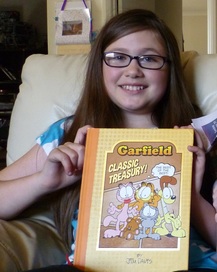 This is Emily. How old are you and what grade are you in? I’m 10, nearly 11 and I’m in Grade 5. Do you enjoy reading? Yes. I love reading. Why do you like books? Some books are interesting or funny. Others help with my studies. You have problems reading. It’s difficult. What makes you keep trying? I love reading even though it is hard. It takes me a while to finish. I read chapter books. I just get stuck into it. What have been the main things that have help you improve your reading? I have reading sheets. Having coloured paper is helpful. It makes it easier to read. What would you say to someone else your age that is finding it difficult to read? Never give up. Push on even though it is hard. Persistence pays off. "Never give up. Push on even though it is hard. Persistence pays off." Emily Lade, 10 nearly 11. What makes a good book? Adventure, mystery, comedy and facts. What makes a bad one? Boring stuff. A boring novel that makes me go to sleep reading it. What is your favourite book? Why? That's Quite Enough! by Emilie Vanvolsen The pictures are funny and it is told from the point of view of the cat. The cat really stresses like I do. What is one thing that you really good at? Painting and craft. Fun facts: I love reading. I love collecting antiques. I love collecting acorns and decorating them. Extra bits: It was good that Mum always bought me books even though for years I never read them. Now I do. 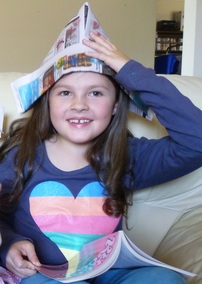 Introducing Kaitlin: How old are you and what grade are you in? I am 7 and in year 2. Do you enjoy reading? Yeah! Why do you like books? Some books have pictures. I like the ones with funny jokes or activities in them. You have problems reading. It’s difficult. What makes you keep trying? So I can get better at reading and read stories by myself. What have been the main things that have help you improve your reading? Sounding out words. What would you say to someone else your age that is finding it difficult to read? Keep on practicing and you’ll get better. "Keep on practicing and you’ll get better." Kaitlin Lade, aged 7. What makes a good book? Simple words. Nice words and a good story. What makes a bad one? If people die. What is your favourite book? A chapter book. The Kitten Club: Ziggy's Big Adventure by Sue Mongredien. I get Mum and Dad to read it to me. Why is that one your favourite? It’s about kittens and it has pictures. What is one thing that you really good at? Making people laugh. Fun fact: I own a guinea pig called Nemo. 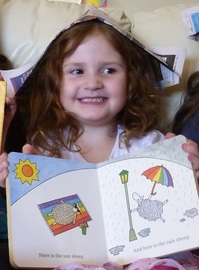 Charlotte: How old are you? I’m four and I go to Kinder. Do you enjoy story books? Yes! Why do you like books? Because they are good and when people read to you, you can learn how to read. You can look at pictures. When you are older it helps you to read. 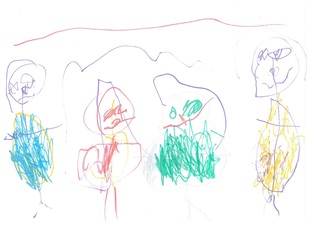 Drawing by Charlotte during the interview Drawing by Charlotte during the interview What is your favourite book? Where is the Green Sheep? (by Mem Fox) Why is that your favourite? Because you have to say, “Where is the green sheep?” It is fun to say, “Where is the green sheep.” Is there a book you don’t like? No. I usually like books a lot. What are you really good at? Drawing. One fun fact: I own a funny Buddy (their dog). Mum’s notes: Charlotte loves all books. Even chapter books. "When people read to you, you can learn how to read." Charlotte Lade, aged 4 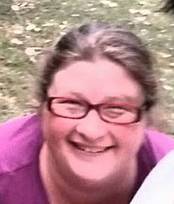 Leanne: When did you find out that you had dyslexia? I was 15. A tutor picked the dyslexia up. My parents went to the school and the information was disregarded. The school advised my parents that I had received all the learning that I was going to get. I was was just kept getting told, "Try harder." So my parents sent me to another school and I repeated year 9. It was a better year. Year 10 was good too. But I didn't want to be helped. I didn’t want to be different or anything. I wanted to fit in. So, I didn’t acknowledge it (the dyslexia)or anything. It went downhill from there. How did having dyslexia affect your schooling from that point on? It smashed my confidence and self-worth. I was never good enough. Even though my mum and dad said that I could be anything I wanted to be. That I was smart. If on every report you get, "You are not trying hard enough," you give up. Alcohol and drugs gave me confidence, a way to fit in. We all had something in common. The alcohol and the drugs. Still, I ended up feeling suicidal. Art was one way that I used to deal with my feelings, especially when I was at home. What is it like having dyslexia as an adult? It’s much the same as when you are child – frustrating as all heck! You struggle to do basic things like paperwork, or even reading notes from the school, or even reading street names, phone numbers and reading maps. For me, I avoided glasses until I was 39. Having the glasses makes a huge difference. Did you own a book that you always wanted to read and never could because the thickness of it was too overwhelming? Yes! Shelves and shelves of them. I just wanted the words to fall into my head, wishing that I could read them. I dreamed of reading War of the Worlds and Lord of the Rings. Though I could manage the Choose Your Own Adventure books. What do you think would have helped you read those books? Knowing what I know now (about dyslexia). It would be great if the books were printed on cream paper and double spaced. Listen to audio books. Fact books are easier as you can guess by shapes of words what the word is. Also covering the text below the line you are reading. I surround myself with books. My dad always said that books were important and to respect them. "Books are important. Respect them." Mr Belcher. Leanne's dad. What challenges do you face as a mum with school aged children? A lot of misinformation in the community about what dyslexia is. It is real and we are not making it up. Sometimes I feel like such an idiot when I am talking and I mix words up in a sentence and I don’t make sense. I also found it a real challenge to do the girls readers with them. I actually tried to avoid doing the readers with the girls like I avoided reading at school. It seemed to come down to effort. I felt I was slack. But the reality was that I just could not do them. What has helped? Validation: that what is happening to me is real. I have found that educating myself about dyslexia has been liberating. Also, facing that I have dyslexia and doing something about it. I do it for my girls. I think another thing has been having a supportive network; having a supportive school, a supportive community. Having a husband that is not dyslexic has helped too. He has read to the girls since they were babies. I have always made sure that the girls have had books, and lots of different types of books. I want to honor the girl's school, the teachers and the various people who have taken an interest in the girls and have helped them. They wouldn't be where they are today without them. What advice would you give to other parents/caregivers that are worried about their children, either because they seem to either: a) be struggling at school or b) they have been diagnosed with Dyslexia or another learning disorder? Please, lay the pressure off your kids. Don’t say, “Try harder!” They are trying very hard. Keep in contact with your school. Be persistent. Think outside the box (when it comes to learning). Make things fun. Play games. There is more than one way how to do things. Find out what way that you learn. Then find out what way your child learns and learn that way. Recognise that it is not their fault. No one is to blame. They are fine. Push for help. Don’t rule anything out. Get your child’s eyes checked by a behavioural eye specialist. "Think outside the box (when it comes to learning). Make things fun. Play games. There is more than one way how to do things." Leanne Lade What is one thing that you really good at? Looking at things differently to others. Fun facts: I love lego. I love Star Wars. I love board games and sharing them – from UNO to strategy games to co-op games. I have learnt over 150 games in the past sixteen months. Extra: Eighteen months ago, I wanted to feel connected with my husband, my kids and to connect with other people. I discovered board games. Not the usual games. Games that build and not destroy. Games that encourage, not dominate. I am now sharing and teaching these games to anyone who will listen. Encouraging people to connect with each other and have fun as family and friends. I'm just started helping out the kids school, teaching them basic games and having fun. It's been a pleasure and assuring a new beginning of a lifetime of learning, dyslexia or no dyslexia. With International Read to Me Day coming up on the 19th March 2016, this family has shown the importance of reading to your children daily from the time they are babies. Stephen and Leanne have instilled the love of reading and the love of learning in their children. It shows in the way they speak about the difficulties they face and the way they are overcoming them, and in the way the speak about the books they love. (Don't ask them to pick one. It ends up a pile) I hope that this has given at least one person who has Dyslexia or another learning disorder, hope. And in the words of a very wise 10, nearly 11 year old, Emily Lade, "Never give up. Push on even though it is hard. Persistence pays off." If you think that either yourself or a family member may have dyslexia, or you would like to know more, contact Dyslexia Support Services.
|
AuthorOn my blog you will find: Categories
All
Click to set custom HTML
|
||||||
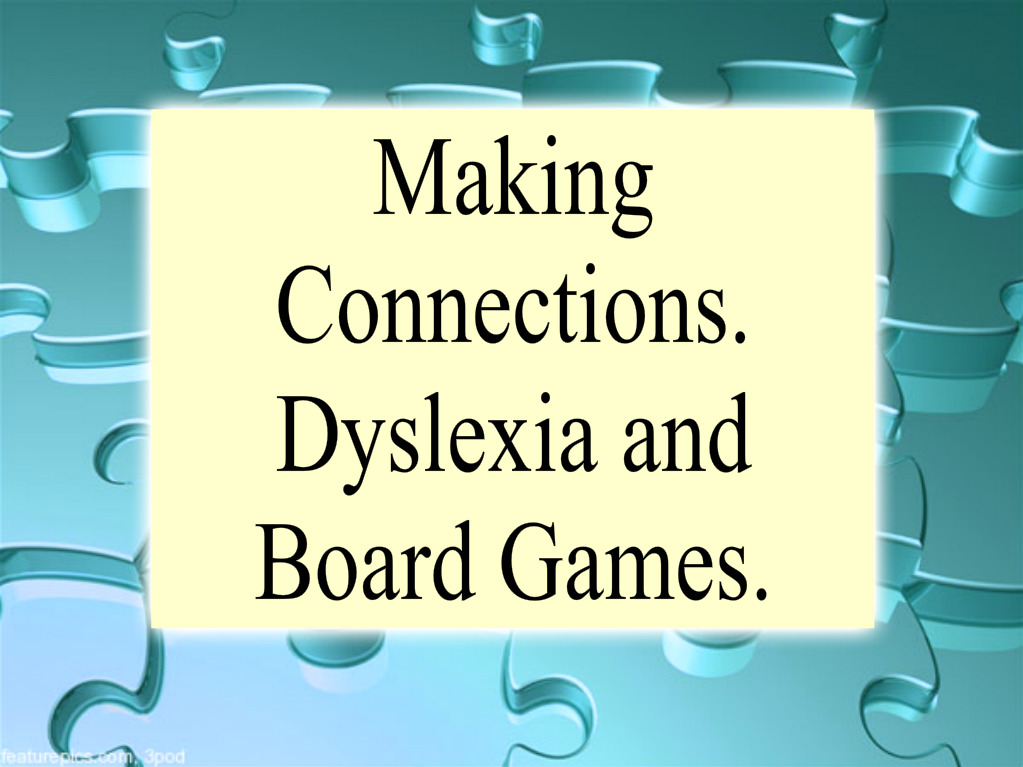
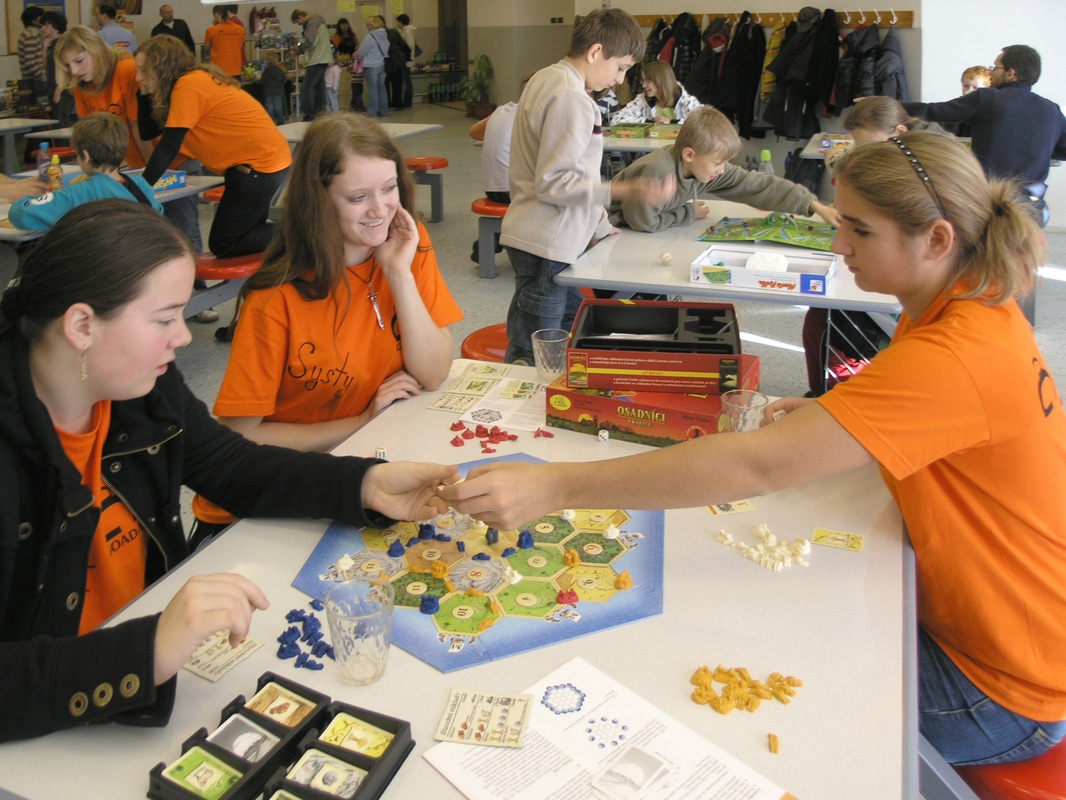
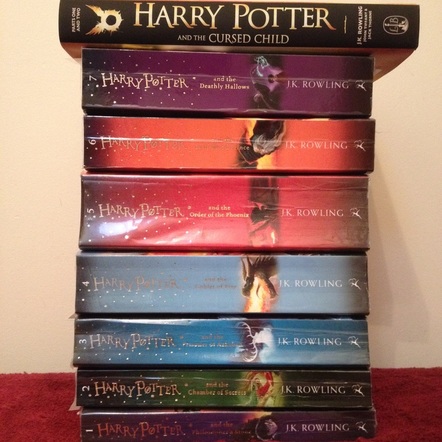

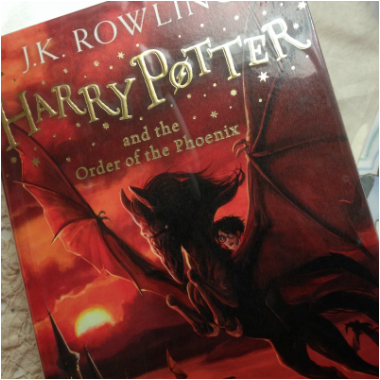
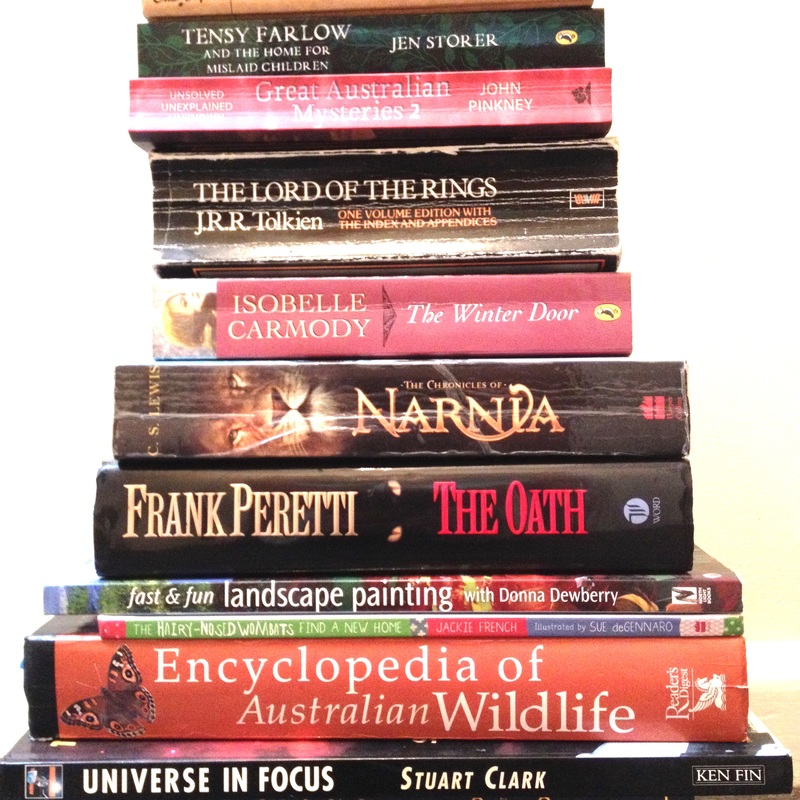
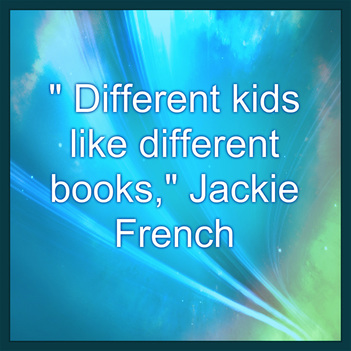
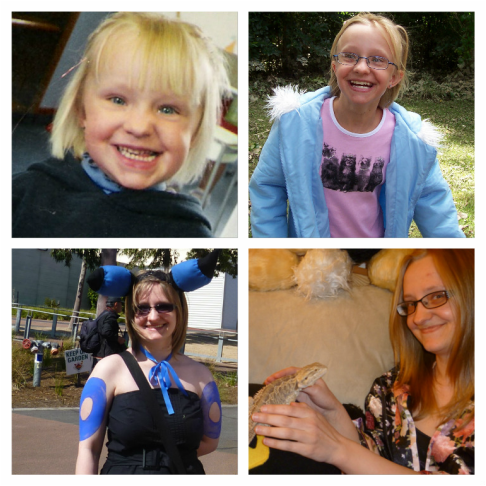
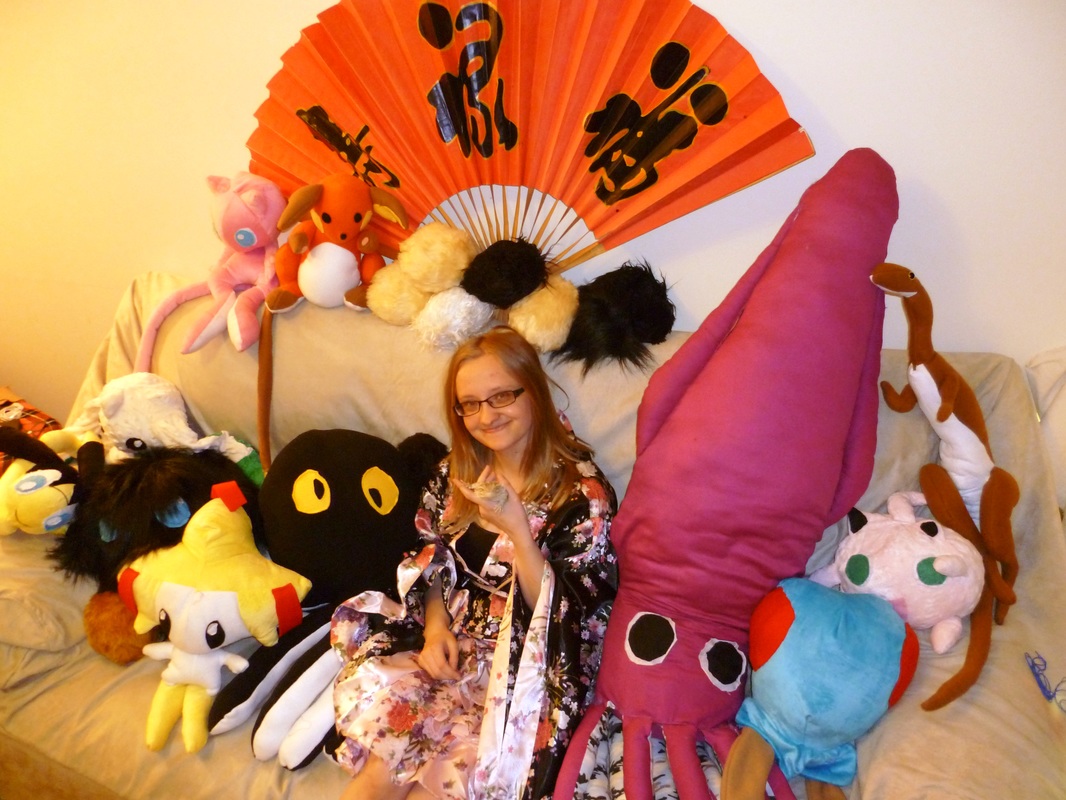
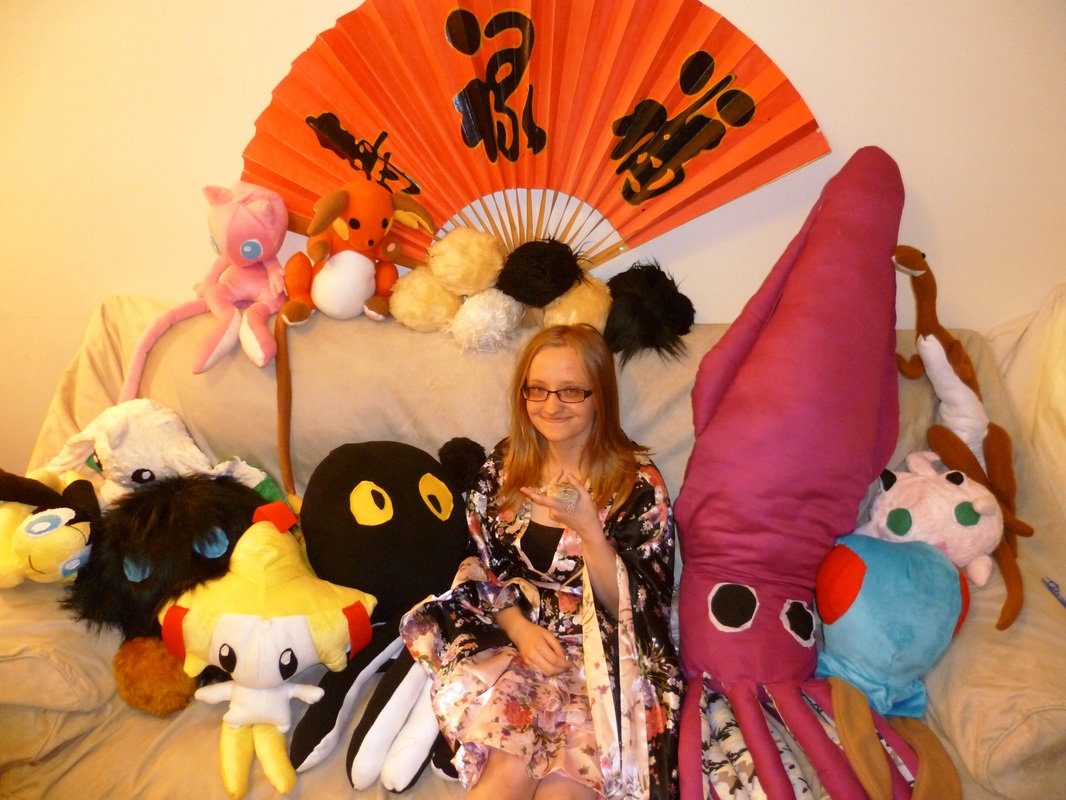
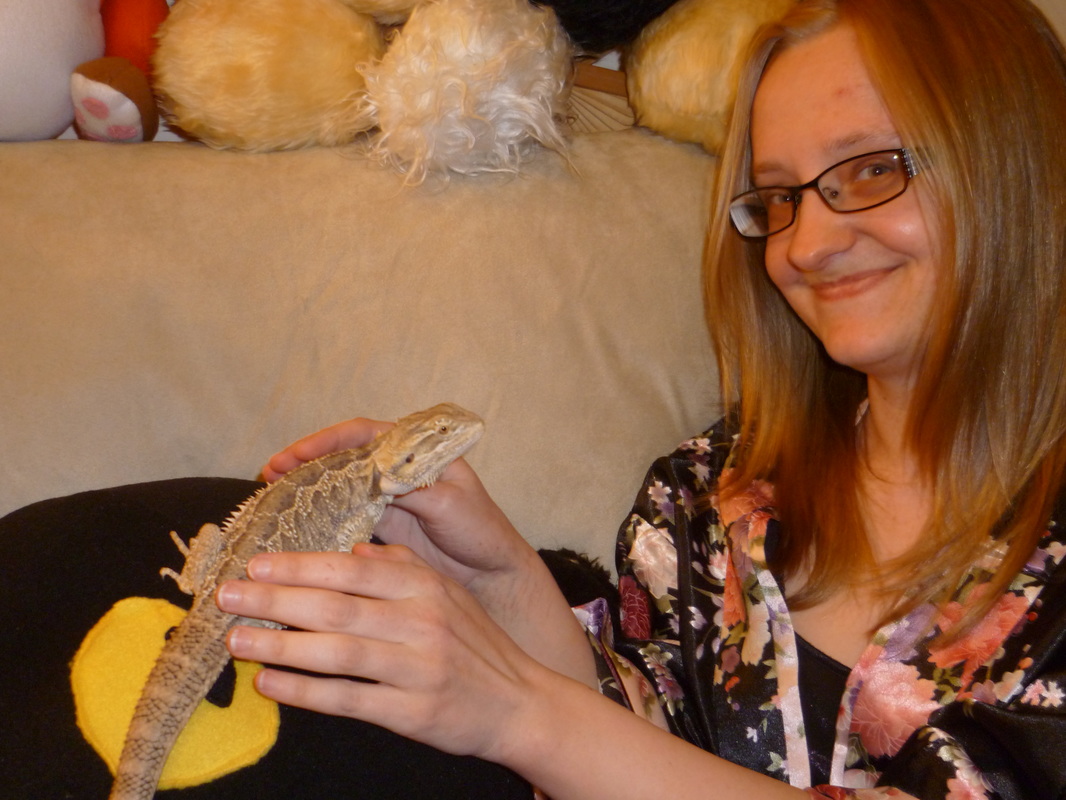
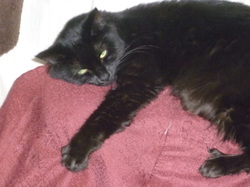
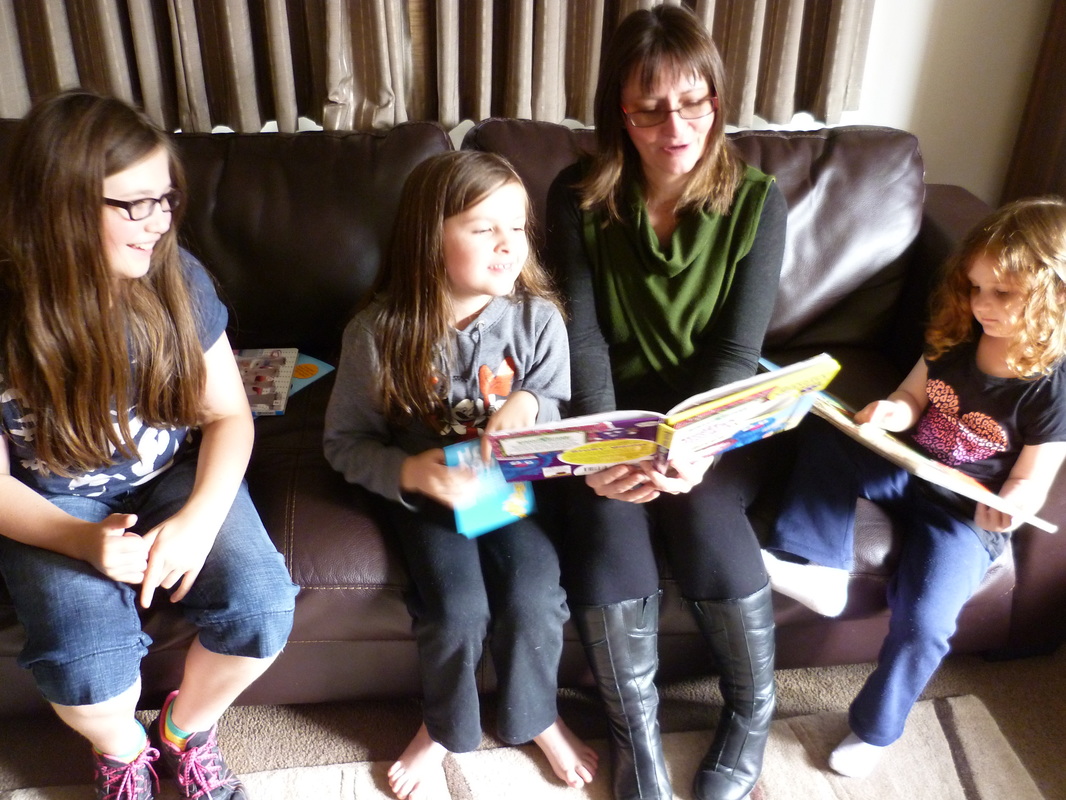
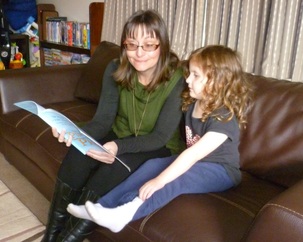
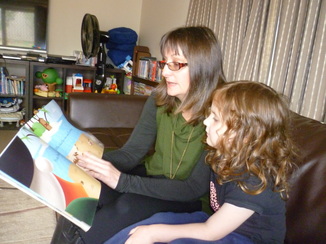
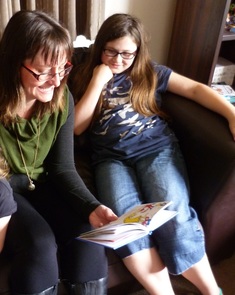
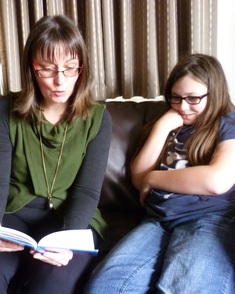
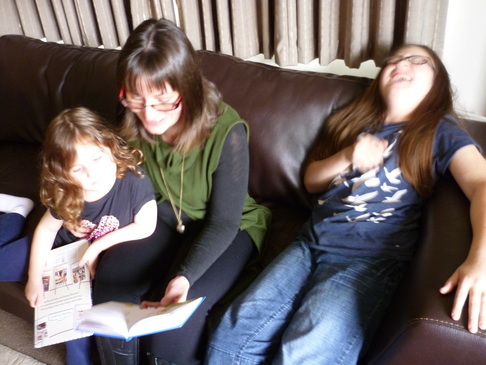
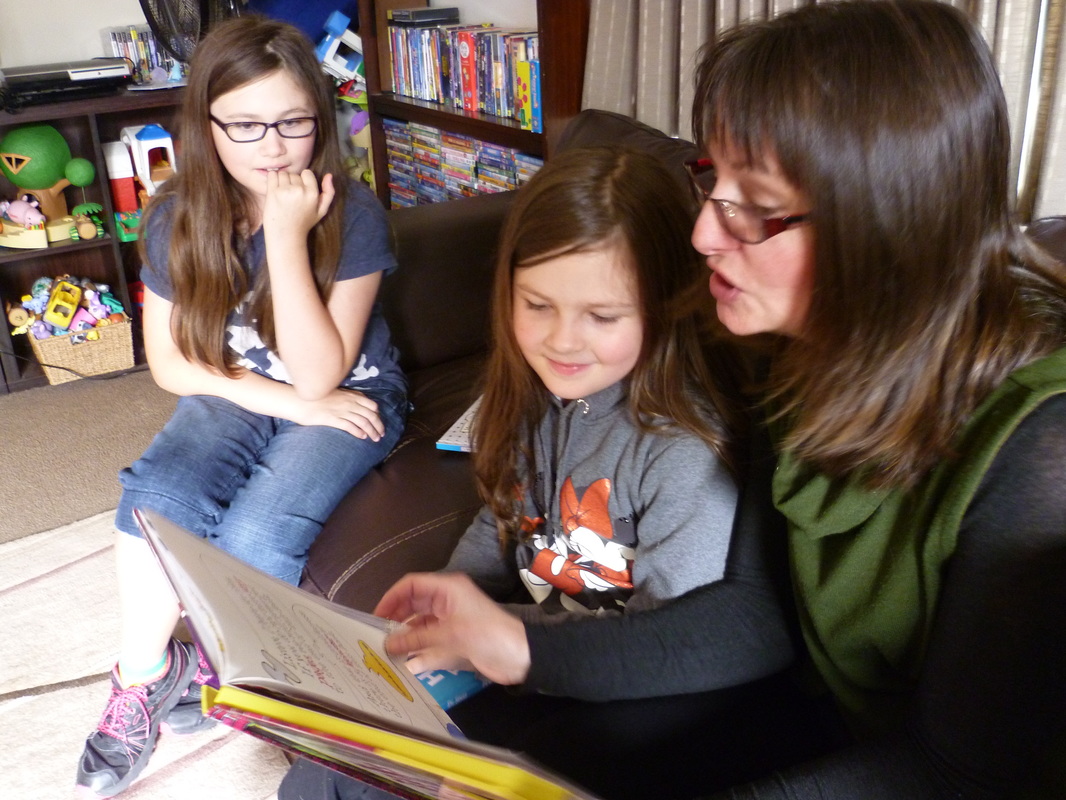
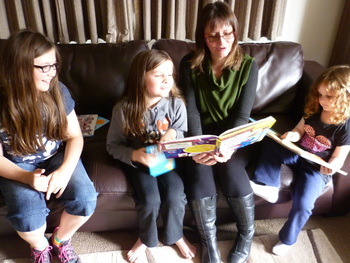
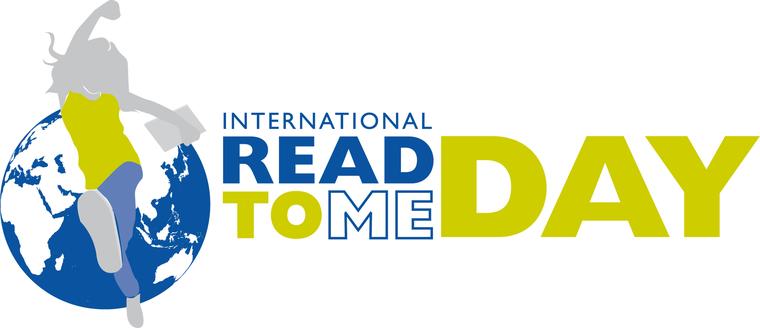
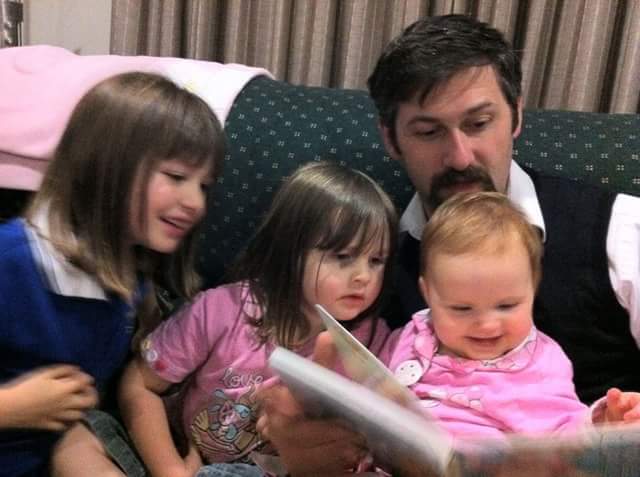
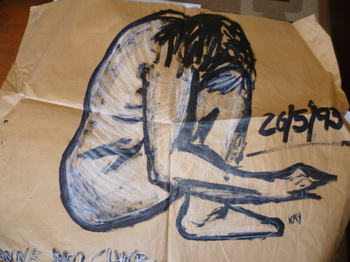
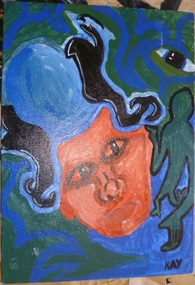
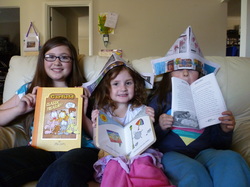
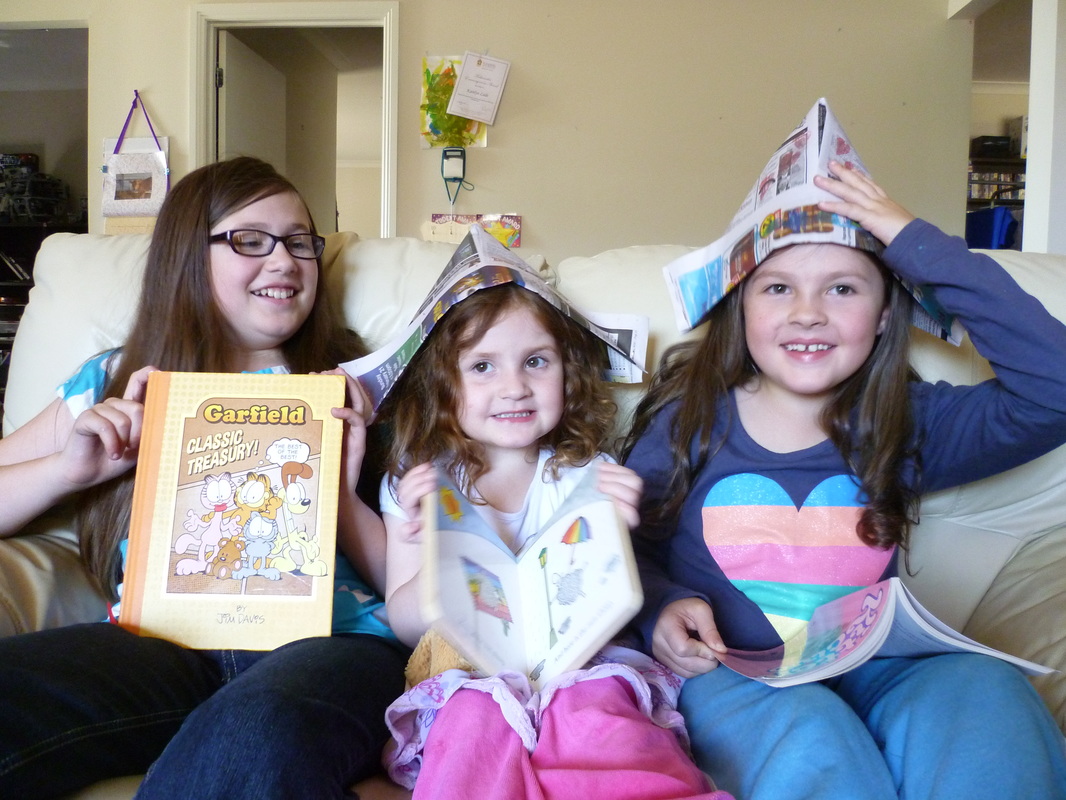
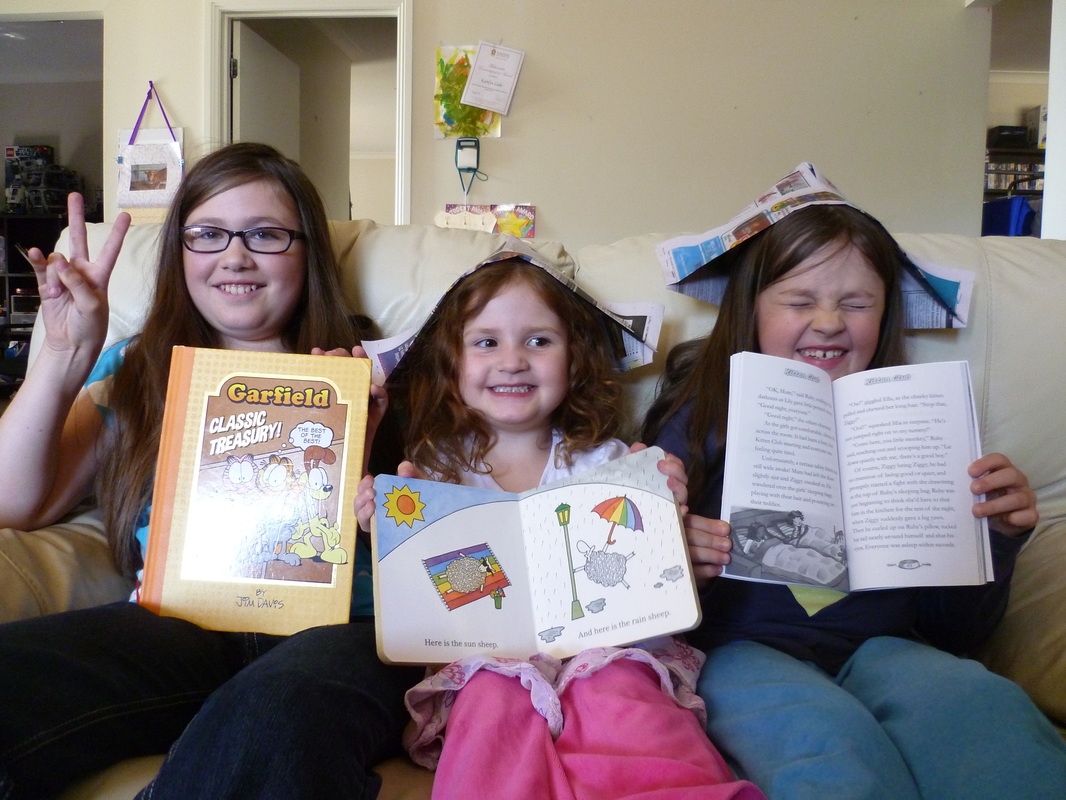
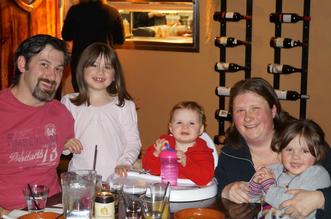
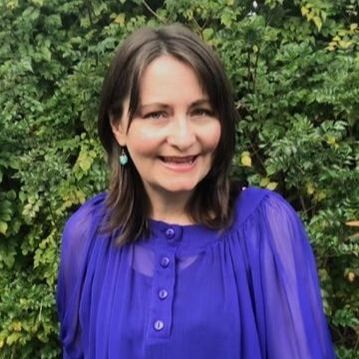
 RSS Feed
RSS Feed